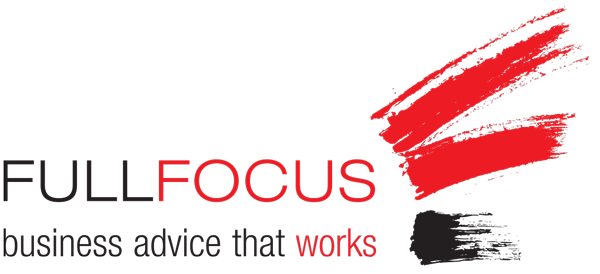 We finance everything. We either finance by –
We finance everything. We either finance by –
(a) Paying interest to someone else – a bank, money lender, etc.,or
(b) Giving up interest we could have earned otherwise. (When we pay cash, we lose the interest the money could have earned.)
The average New Zealander –
- Spends about 16-27 cents of every dollar on interest expense (home, car, boat, credit card, etc.).
- Pays approximately 65% of the first five years mortgage payments in interest.
- Pays about 30 cents of every dollar in taxes.
Add these up and we see the average Kiwi pays between 45-54 cents of every dollar he earns on interest and tax. That’s more than half of what we earn, and that’s before we even begin to tally up living costs.
What if you could find a legal, legitimate method to capture half of this loss?
Imagine if you could secure these two sources of revenue! One thing is certain, your wealth creating ability would be hugely improved. You would generate more wealth than making high return investments in the market.
Let’s take a look at investment alternatives. There’s usually something you need to lose before you get a return on your investment. Exactly how much are you forfeiting, and how does this weigh up against the return you will receive?
If you’re interested in generating wealth – and most of us are – it might be worthwhile engaging in two businesses –
- Your own occupation
- Banking
Your own occupation could have a limited lifespan. How long will you be able to continue working? How long do you want to keep working? But banking does not appear to be dependent on your age or health. Nor is it dependent on other circumstances that may signal the end of your working career.
Which of these two businesses has the greatest potential for generating long term wealth?
The Infinite Banking Concept
The essence of the “Infinite Banking Concept” is to recover the interest you would usually pay to a bank. You can do this through the use of an alternative investment vehicle. You’ll then have the ability to lend those funds to any entity, including yourself. This means you (or the investment owner) will be making what a bank does.
The earnings grow within certain preferred investment vehicles, tax paid. You can be reducing your tax burden as well as capturing money for yourself. Money that a bank would usually receive. (Investment companies do pay taxes. But the method of paying dividends in our preferred investment vehicles are tax advantaged.)
The principle is simple. Every time you pay interest to yourself rather than to others, you must be better off. This is especially so if your entities are subject to minimal taxation. If you can achieve this, you will have significantly improved your wealth-generating potential.
Financing vs Investing
It is important to remember that we are not talking about investing. We are talking about financing. Financing is a process not a product. Financing involves both the creation of and maintenance of a pool of money and its use.
We’re not talking about selling you another investment product. We are talking about education and advice about financing. Advice that is completely independent. Advice that doesn’t steer you in any particular direction to benefit anyone else except you.
Private investment banks in the USA use similar methods. To enhance and capitalise part of their “Infinite Banking System”, one bank purchased $9,000,000,000 in similar investment vehicles. This pool of capital is one of the sources of working capital the bank draws on to fuel their banking system.
When you look at setting up such a system, it’s vital that the correct systems and procedures are in place. The last thing you want to end up with is an enormous tax headache. This can happen through lack of planning or ill thought-out structures.
The IRD with its tax systems and regulations, is a virtual minefield. It sits there waiting for an unwitting victim to step in the wrong place. The trouble is, knowing exactly where these mines are, how to avoid them, and still play by the rules.
Read our Free Special Report: Are You Getting Good Wealth Planning Advice?
